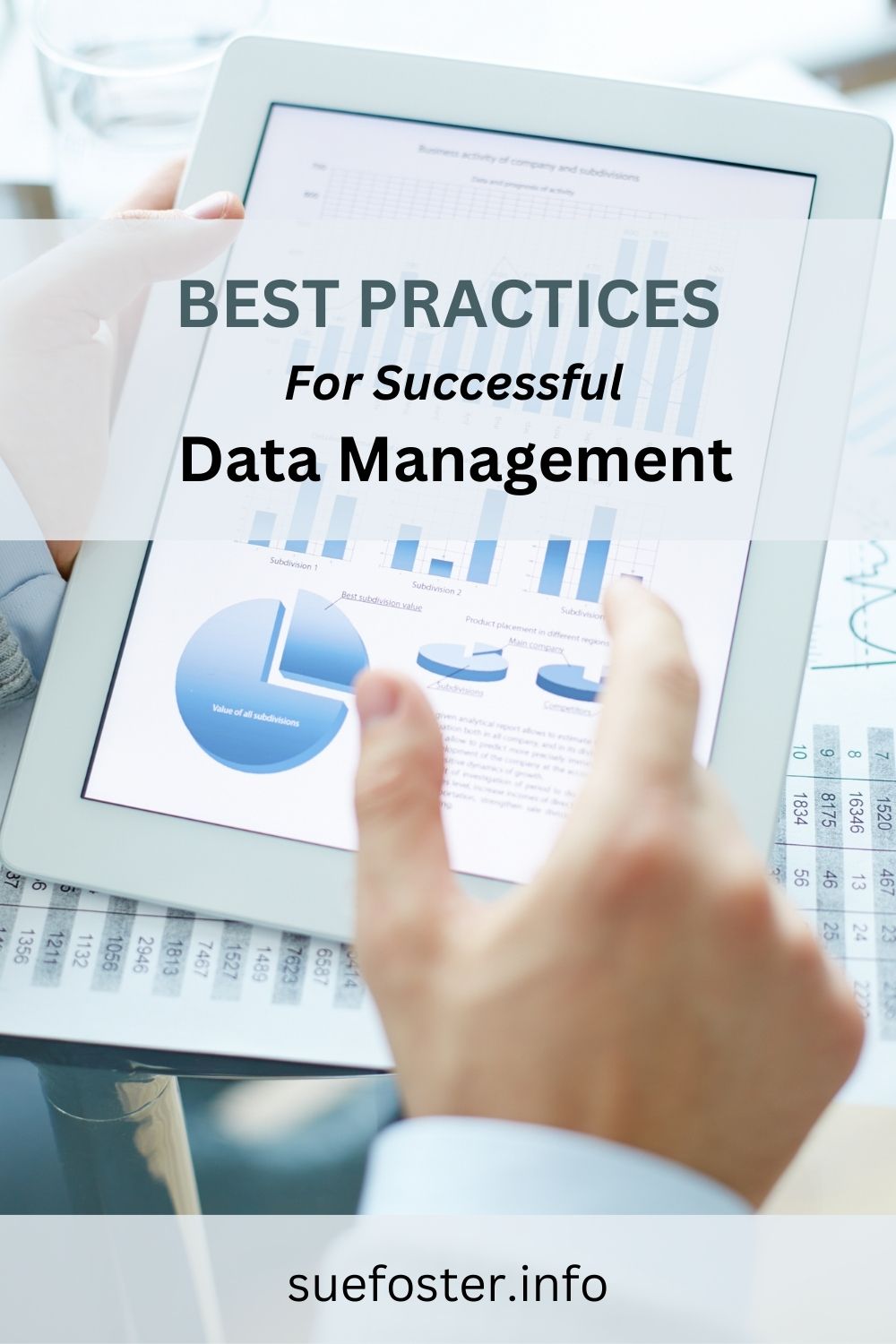Data quality can influence your decision-making, improve efficiency and reduce business costs. However, it is impossible to achieve any of this if you don’t know how to manage your data. Recent research highlights many benefits of data management, including reducing the risk of error, tightening data protection and security, enhancing business response to market changes and increasing employee productivity. With the world becoming more reliant on technology, data will be crucial. Therefore, consider these four best practices for successful data management.

- Know your business data goals
Many businesses often make the mistake of jumping knee-deep into data management. However, the best approach is to begin small by highlighting your business’s data objectives. With the goals in mind, you can focus on only the data you need without overwhelming yourself with irrelevant data. You also can’t risk overcrowding your data management tools or burying your staff in a data load. Unfortunately, this is the case with businesses that continue to collect and store data they have no use for. Why not keep your data manageable by storing only relevant data for your small business?
- Select the right data solutions for your particular case
A single data management tool can assist you in overseeing all your tech stack, data, and other extra business technologies. While choosing the best one for your company may take some time, the effort is worth it because data management software centralises your data stream. Additionally, the right data management solution should provide a comprehensive picture of everything related to your business data. You can enjoy the ease of convenience of data management when you have everything in one secured location.
- Create a data recovery plan
Accidents happen, and in some cases, you can do little to prevent them. Yet, you cannot leave anything to chance, including losing your customer data. It is vital to have a plan when your accounts are compromised, or somebody mistakenly deletes something. You may also get expert assistance to help plan or choose a suitable solution for your business. Meanwhile, it would help if you regularly export your data to cloud services like Dropbox or Google Drive. Data experts can also assist you with Microsoft 365 migration to guarantee you can safely access your data anywhere.
- Prioritise data integrity, security and privacy
Create a culture where everybody is committed to strict privacy standards for a secure workplace. Strive to provide secure data for your in-house communication and build client trust. Your data management effort isn’t successful if your customers don’t believe you respect their data confidentiality and security matters. Robust management practices must be in place to demonstrate that your systems are safe and that your staff value the need for data privacy.
Data security is among the most critical decision-making elements in today’s digital market for firms and consumers. One violation of data privacy is too many. So plan ahead of time to ensure successful data management. This way, you can seamlessly apply the above tips and yield your desired results.


